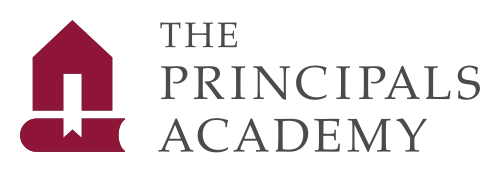Hello Friends
We have just celebrated Literacy Week in our schools. So many of you went out of your way to make it a special time for your learners and to encourage them to make books their friends.
The concerning thing is, that in some classrooms it took a specific week dedicated to literacy for it to become a focal point. It’s sad that this is the case. Literacy is the front and centre of all learning and without it we cannot move forward.
Being literate is one aspect of literacy but more important is being functionally literate. By this I mean being able to use language to read and write with meaning and understanding. So many of our learners, young and older, can rote read but this is of no value to them if they aren’t able to make meaning of what they’re reading. Functional literacy will enable them to become independent adults.
We have a whole cohort of learners who were severely compromised by the covid pandemic but it’s time we put that to rest now and look ahead. We need to find creative ways in which to encourage our learners to see the importance of being literate. We all know that children learn by watching others. As I’ve mentioned before, they spend more time with us in the classroom than they do at home so it stands to reason that we should be setting a good example for them to follow. Show the children how much you love reading and writing and it’s sure to make an impression.
There are numerous obstacles that stand in the way of functional literacy in our country, but we cannot afford to allow those to put us off. As educators in the Foundation Phase, we are trained to guide children to literacy – their parents or guardians aren’t so we shouldn’t be relying on them to do so. Providing an opportunity for reading, writing and language development is right there in our classrooms every day. It takes a conscious effort, but the opportunity is there, and we often miss it.
Functional literacy comes from being exposed to a wide range of reading material and a rich vocabulary. We have the tools to offer this to our learners by making every lesson, across the curriculum, into a literacy lesson. What better way to extend a learner’s vocabulary and understanding than by reading to them from a non-fiction book that ties up with the Life Skills curriculum? Maths lessons are an ideal opportunity to encourage and develop functional literacy. Choose your texts carefully – they must be age appropriate, interesting and leave the learner with a thirst for more.
Providing learners with an opportunity to share their development towards meaningful literacy is important and this can be done by allowing them to take books home to read to their family. Reading to their peers in the classroom also gives them an opportunity to show off their skill and will encourage others to do the same.
We need to be very sensitive to those learners who take longer to read and write. Create opportunities for these reluctant readers to showcase their development to you in private in a one-on–one, unjudgmental environment where they feel safe. Nothing will destroy a child’s self-image more than having to stumble through a piece of text in front of his/her peers. Be kind and encouraging and it will make the world of difference.
Take an interest in what your learners are reading and writing. Give them the opportunity to use different forms of writing to keep them interested. Encourage them to write, write, write. This will be a lot easier if they read, read, read!
Reading aloud for enjoyment is the foolproof way of enticing our learners into the world of literacy. Just five minutes a day will allow the learners to escape into a world of stories that will develop their imagination and vocabulary and set the stage for functional literacy to happen.
‘The world belongs to those who read’.
Let’s make it happen – we can do it.
Take care.
Regards
Jenny (on behalf of)
The Teachers’ Support Team, Principals Academy Trust
#13 of 2023, 12 September 2023
Watch our video version of this letter on YouTube
Functional Literacy-It’s CRUCIAL
https://youtu.be/rqtZyth2XmQ
